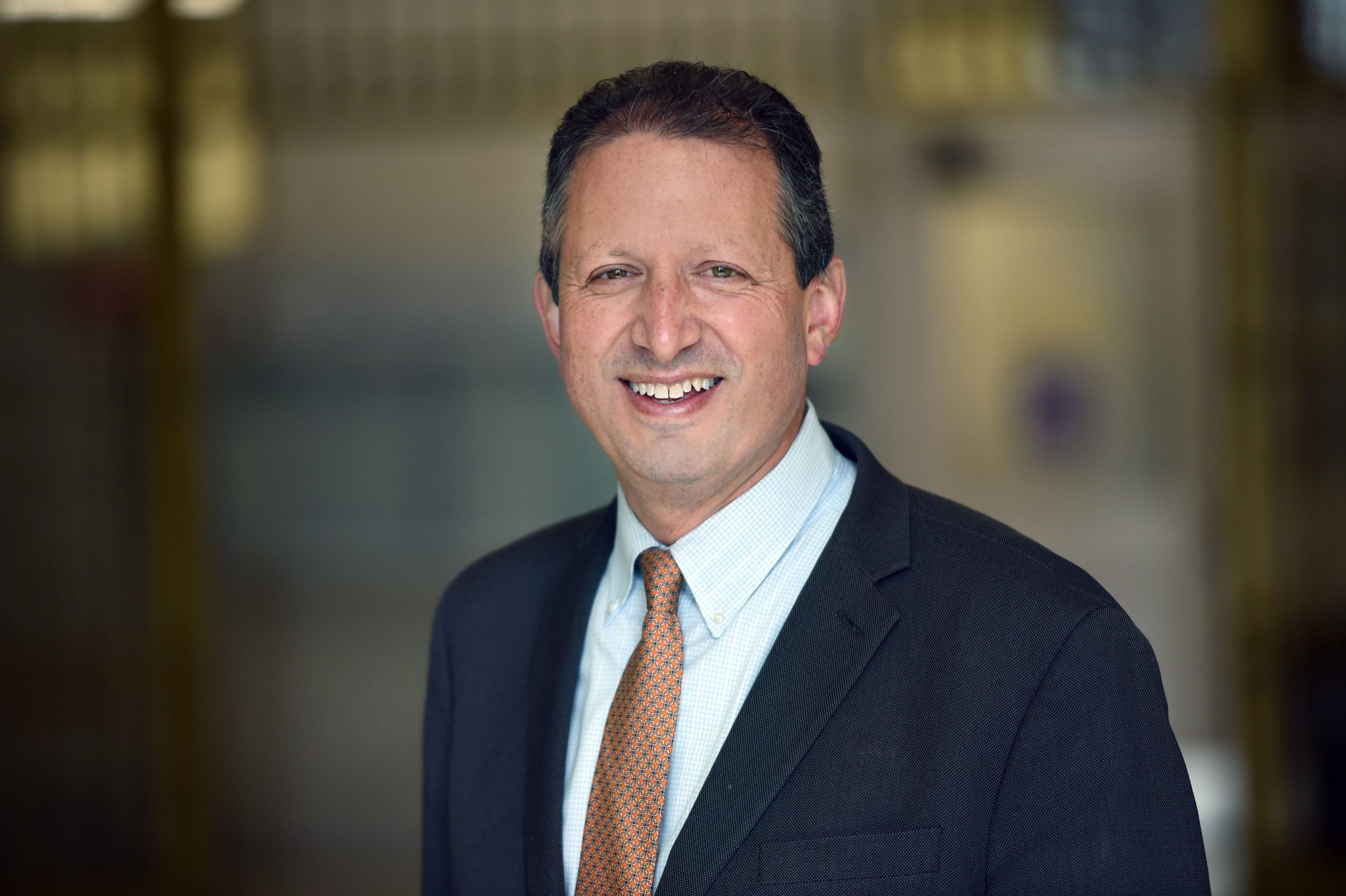Lander presents grim forecast for NYC’s financial recovery
Recovery remains incomplete, uneven

On Tuesday, New York City Comptroller Brad Lander, a former Brooklyn councilmember, spoke during his first meeting of the New York Financial Control Board.
The meeting was also attended by Gov. Kathy Hochul, Mayor Eric Adams, State Comptroller Thomas DiNapoli and the private members of the Financial Control Board: Bill Thompson, Rossana Rosado and Steve Cohen.
“As you are all well aware,” said Lander, “we are currently facing a period of significant economic uncertainty and mixed signals. Fiscal Year 2022 was a year of robust economic recovery in New York City. Private sector payrolls increased by 300,000 and they were back to 96 percent of pre-pandemic levels, and the unemployment rate dropped by 4.6 percentage points.

Brooklyn Boro
View MoreNew York City’s most populous borough, Brooklyn, is home to nearly 2.6 million residents. If Brooklyn were an independent city it would be the fourth largest city in the United States. While Brooklyn has become the epitome of ‘cool and hip’ in recent years, for those that were born here, raised families here and improved communities over the years, Brooklyn has never been ‘uncool’.